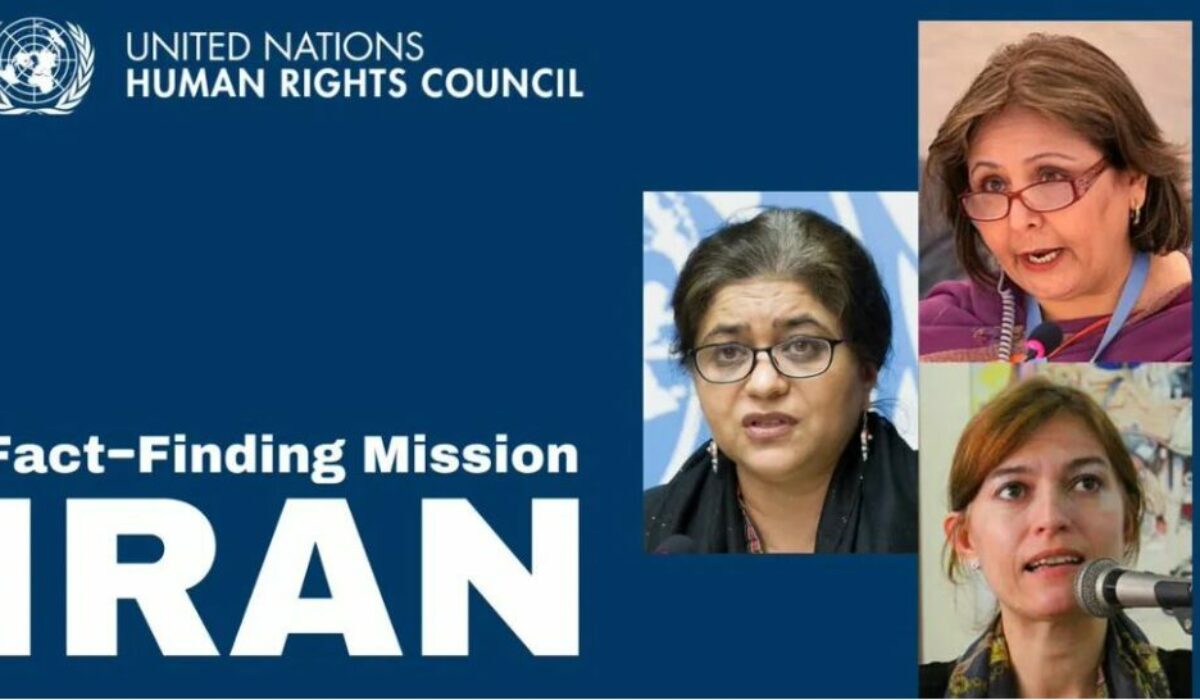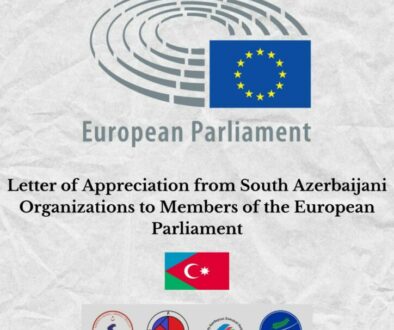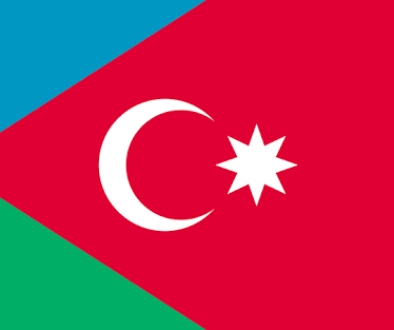Members Of UN Probe On Iran Protest Crackdown Appointed
The head of the UN’s top human rights body has appointed the members of the recently established fact-finding mission on human rights abuses committed by Iranian authorities in their bloody crackdown on nationwide protests.
The president of the Geneva-based Human Rights Council, Federico Villegas of Argentina, has picked Sara Hossain of Bangladesh, Shaheen Sardar Ali of Pakistan and Viviana Krsticevic of Argentina to serve as the three independent members of the mission, the council said in a statement on December 20.
It said that the mission will be chaired by Hossain.
On November 24, a majority of the council’s 47 member states backed a resolution to set up the new investigative mission to “collect, consolidate and analyze” evidence of rights violations, “especially with respect to women and children,” linked to the ongoing wave of protests, and to “preserve evidence” with a view to future prosecution.
The mission is mandated to engage with all relevant stakeholders, including the Iranian government, the Office of the UN High Commissioner for Human Rights, the UN special rapporteur on the situation of human rights in Iran, relevant UN entities, human rights organizations and civil society.
Iranian Foreign Ministry spokesman Nasser Kanaani has already said that Tehran “will not engage in any cooperation, whatsoever, with the political committee called the fact-finding committee.”
The mission is requested to present an oral update to the Human Rights Council at its fifty-third session, which will be held next year, and to present to the council a comprehensive report on its findings by February 2024.
Iran has been swept by protests demanding more freedoms and women’s rights since the September death of a 22-year-old woman, Mahsa Amini, in the custody of morality police. She had been arrested for an alleged breach of the country’s strict dress code.
Security forces have killed at least 469 people since the eruption of the demonstrations, including 63 under-18s, according to Norway-based Iran Human Rights group.
At least 18,000 others have been detained. Dozens of them have been handed capital punishment or are facing charges that carry a death sentence. Iran carried out the first execution on December 8, followed by a second one four days later, triggering international condemnation.






